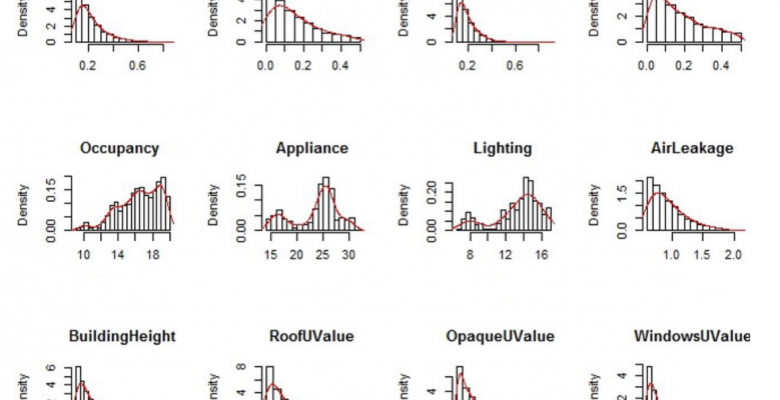The early stage of design is characterized by iteration of divergent phases in which design alternatives are generated and convergent phases in which alternatives are assessed and selected. It is during or at the end of these phases that decision-making occurs under considerable uncertainty. Therefore, the methods and tools applied during these phases should account for the iterative, complex, and uncertain characteristics of the design process. At present, the building industry lacks a consistent approach to decision making during the phrases of the early stage of design. This study reports on an early attempt to develop a systematic method for generation and evaluation of design alternatives. Using linear inverse modelling, the method combines the divergent and convergent phases of design process in a way that generates a plausible range for the design parameters that will lead to a higher probability of better energy performance, which is represented here through a case study.

